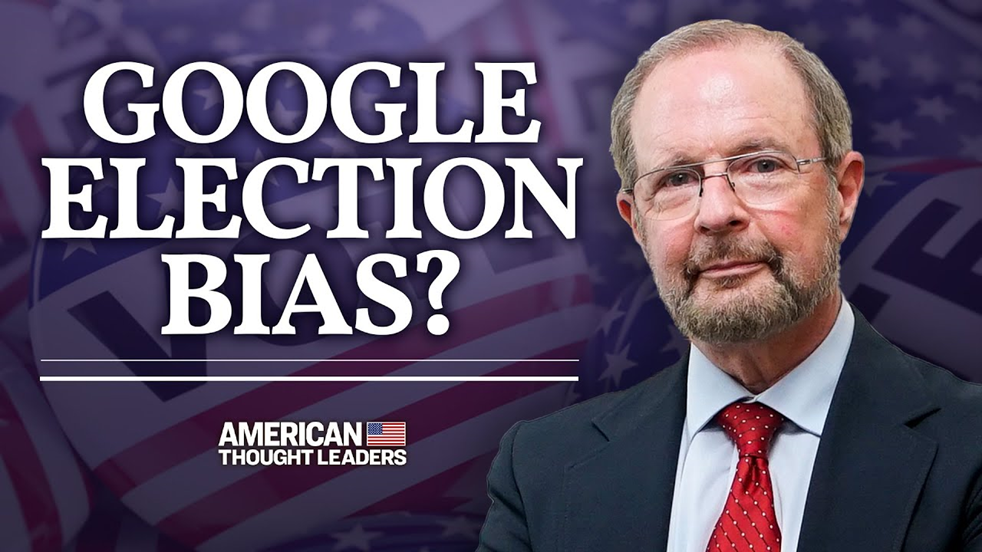In 2024, a significant global political shift is anticipated as elections are set to take place in 64 countries, including the European Union, impacting nearly half of the world’s population. This year marks what some consider “the ultimate election year” due to the sheer volume and global reach of these elections. From Taiwan’s early elections in January to the crucial U.S. presidential race in November, the outcomes of these votes will likely echo for years, reshaping national policies and international relations. The political landscape globally is experiencing a pivotal moment, where voter turnout and engagement will be decisive in determining the directions taken by these nations, amidst rising global tensions and changing sociopolitical dynamics.
Contemplating the implications of big tech’s influence within this electoral landscape is critical, especially in light of testimonies presented by Dr. Robert Epstein, a notable researcher on the psychological implications of digital manipulation. In discussions, including testimony before Senator Ted Cruz, Epstein warned of the substantial and covert influence that companies like Google wield over public opinion and electoral outcomes. He suggests that these tech giants can sway millions of votes unnoticeably, with serious consequences for democratic processes. He posits that the ability to control search algorithms allows a select few individuals in Silicon Valley the power to manipulate electoral outcomes, raising concerns about the consequences of such concentrated influence on public discourse and democracy itself.
Epstein’s research underscored a particular phenomenon he termed the Search Engine Manipulation Effect (SEME), which reveals that individuals are likely to unconsciously favor candidates that appear at the top of search engine results. Experimental studies showcased significant shifts in voter preferences toward the top-ranked candidate, as unaware participants were influenced by biased search results. This manipulation is particularly concerning given Google’s domination of the search engine market, where trust in its results is almost absolute, effectively rendering the public susceptible to unseen and unwarranted influences on their voting decisions.
The implications of SEME extend far beyond individual elections. Epstein’s research indicates that Google’s capacity to shape electoral outcomes on a global scale is substantial. He estimates that upwards of 25% of national elections could be swayed through search engine bias, which operates without oversight or accountability. Given that most online searches occur on Google, the potential for bias to influence public perception and decision-making processes is made all the more alarming by the absence of safeguards against this manipulation. As voters increasingly rely on online information to inform their choices, the stakes of maintaining a fair and unbiased digital information environment rise dramatically.
Additionally, the propensity for tech companies to favor particular political narratives raises profound ethical questions about the responsibilities of these corporations in democratic societies. Insights from Epstein’s investigations suggest a pattern wherein tech firms have shown bias towards promoting certain candidates, which not only challenges the integrity of the electoral process but also underscores the necessity for regulatory frameworks to ensure fair competition in digital information. Rather than a neutral platform for information, the internet could potentially serve as a tool for orchestrated influence, compelling scholars, policymakers, and citizens to demand accountability and transparency from these powerful entities.
The implications of this year’s elections and the influence of technology on political outcomes warrant serious scrutiny. As nearly half of the world’s voters approach the polls, the potential for unacknowledged manipulations raises concerns around the very foundations of democratic governance. Research on SEME and the manipulation of voter preferences through search engines highlights the urgent need for increased awareness of how digital platforms can distort public opinion. Empowering citizens to recognize the forces at play in their decision-making process is crucial for fostering an informed electorate capable of engaging intelligently and critically with the issues that govern their lives.

